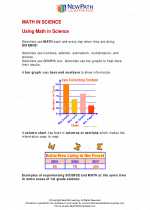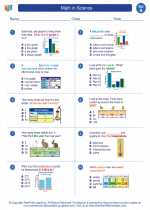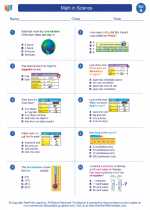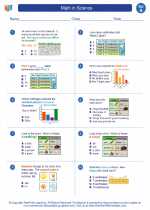Obstetrics
Obstetrics is the branch of medical science that focuses on pregnancy, childbirth, and the postpartum period. Obstetricians are medical professionals who specialize in providing care for pregnant women and their unborn babies. This field of medicine plays a crucial role in ensuring the health and well-being of both the mother and the baby throughout the stages of pregnancy and childbirth.
Key Concepts in Obstetrics
- Prenatal Care: This involves regular check-ups, screenings, and diagnostic tests to monitor the health of the mother and the developing fetus.
- Labor and Delivery: The process of childbirth, including the stages of labor, delivery techniques, and pain management options.
- Postpartum Care: Care provided to the mother and baby following childbirth, including breastfeeding support, newborn care, and monitoring for any postpartum complications.
- High-Risk Pregnancies: Conditions such as gestational diabetes, preeclampsia, or multiple pregnancies that require specialized care and monitoring.
- Reproductive Health: Issues related to fertility, contraception, and reproductive system disorders.
Study Guide for Obstetrics
To study obstetrics effectively, it's important to cover the following topics:
- Understanding the stages of pregnancy and fetal development.
- Learning about common prenatal tests and their purposes, such as ultrasounds, blood tests, and genetic screenings.
- Exploring the various methods of pain management during labor and delivery, including natural techniques and medical interventions.
- Understanding the potential complications that can arise during pregnancy and childbirth, and how they are managed by obstetricians.
- Studying the role of obstetricians in supporting the emotional and mental well-being of expecting mothers.
- Learning about the importance of postpartum care for both the mother and the newborn, including breastfeeding support and newborn screenings.
- Exploring the advancements in reproductive health technologies and treatments, such as in vitro fertilization (IVF) and fertility preservation.
By mastering these concepts, students can gain a comprehensive understanding of obstetrics and its significance in promoting healthy pregnancies and childbirth.
.◂Science Worksheets and Study Guides First Grade. Math in Science
Study Guide Math in Science - 1st grade level
Math in Science - 1st grade level  Worksheet/Answer key
Worksheet/Answer key Math in Science - 1st grade level
Math in Science - 1st grade level  Worksheet/Answer key
Worksheet/Answer key Math in Science - 1st grade level
Math in Science - 1st grade level  Worksheet/Answer key
Worksheet/Answer key Math in Science - 1st grade level
Math in Science - 1st grade level 

 Worksheet/Answer key
Worksheet/Answer key
 Worksheet/Answer key
Worksheet/Answer key
 Worksheet/Answer key
Worksheet/Answer key

The resources above cover the following skills:
EARTH AND SPACE SCIENCE
Earth’s Place in the Universe
Observe seasonal patterns of sunrise and sunset to describe the relationship between the number of hours of daylight and the time of year (e.g., more hours of daylight during summer as compared to winter).